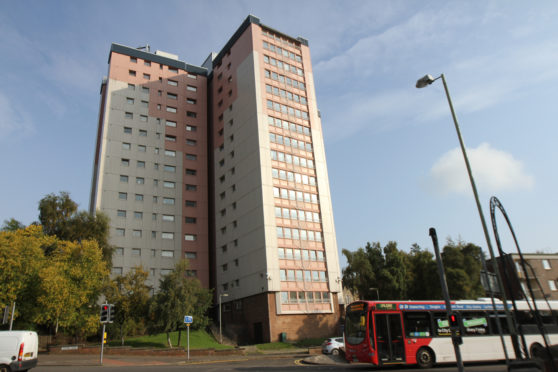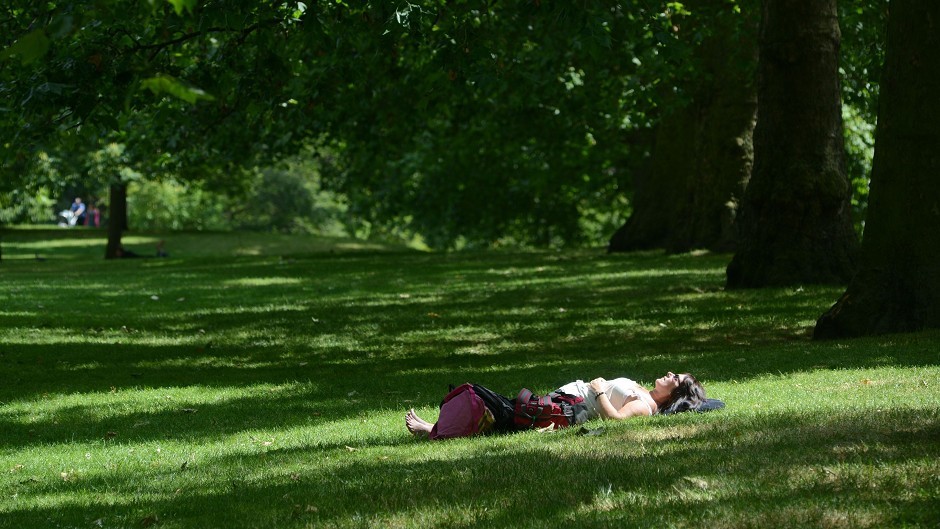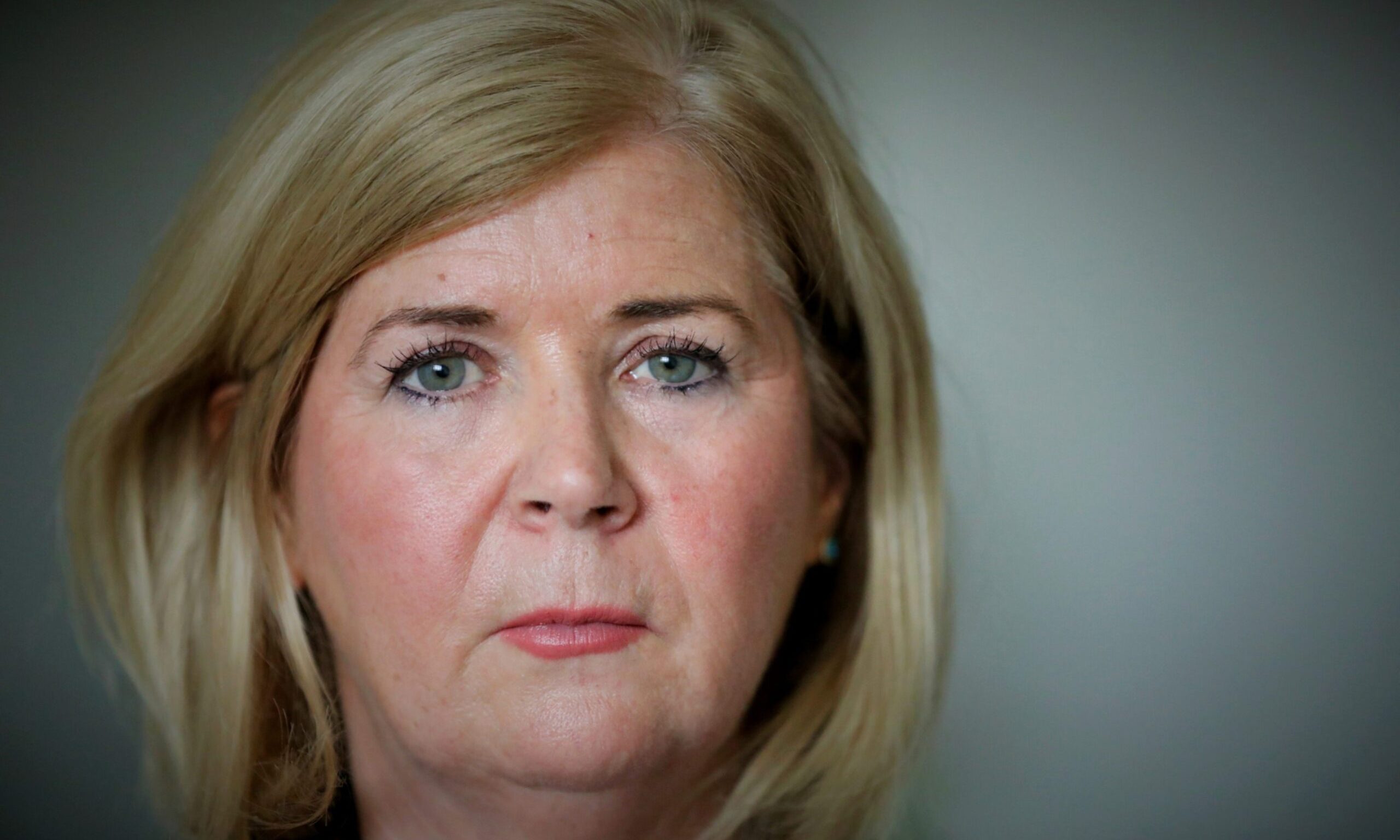Dundee has the highest proportion of homes without a garden in Scotland with more than one fifth of addresses having no access to private outdoor space.
As households face draconian coronavirus measures restricting them to their own properties, data published by the Office for National Statistics (ONS) have revealed the areas where residents suffer the most from a lack of garden.
Doing the weeding or cutting the grass has been shown to have a positive effect on well-being and mental health campaigners reacted to the statistics by calling for more action to give people access to fresh air and green spaces.
When broken down by local authority area, Dundee City topped the league table with 21% of addresses lacking a garden, almost double the Scottish average of 11%.
Dundee was followed by Glasgow City and then Argyll and Bute where both council areas recorded that 19% of homes don’t have a garden.
In fourth place was Aberdeen City on 18%, which was followed by another urban area – Edinburgh City on 15%.
Argyll and Bute had a high percentage of homes without a garden, despite being a rural area. But the local authority’s closeness to the countryside was reflected in the average size of garden, which was found to be a spacious 783 square metres.
That contrasted with the 235 square metre gardens in Glasgow and 286 square metres in Dundee.
The areas that were most generous in terms of outdoor spaces included Aberdeenshire, Moray, the Western Isles and Fife where just 9% of homes did not have a garden.
In Highland, 12% of homes did not have a garden, just a little less than Angus (13%) and Perth and Kinross (14%).
Call for action on access to green spaces
Toni Giugliano, Senior Policy Manager at the Mental Health Foundation, said more should be done to help those without gardens.
“Staying as active as possible, both indoors and outdoors, during Covid-19 will help give us structure and reduce stress but research suggests that physical activity in green spaces has greater positive effects on wellbeing compared to physical activity indoors,” Mr Giugliano said.
“Research also shows that spending around 20 minutes a day in green spaces – whether exercising or not – can lower blood pressure and cortisol, our stress hormone. Gardens play an important role in boosting our wellbeing and our social interactions. Gardening, for example, helps us focus on the present moment and the activity at hand instead of worrying about the future.
“Local authorities need to do more to help people access green spaces. Removing restrictive barriers, investing in paths and pavements around parks, introducing no-traffic zones in neighbourhoods and funding community initiatives that seek to connect vulnerable people with green spaces could be prioritised.”
Short walks and taking notice things like bird song, because it is a bit quieter because traffic isn’t around, is really restorative.”
Professor Harriet Gross
Professor Harriet Gross, author of the Psychology of Gardening, said acknowledged that being stuck indoors caused “distress” but said growing plants inside was one way of overcoming the problem.
“It must be difficult for these people like those in Dundee who don’t have a garden. If you don’t have a garden, it often means you don’t have much space inside. So you are limited in what you can do,” Professor Gross said.
“Being outdoors is a positive psychological experience and is about engaging with nature. But there are also small things, like having seeds grow, that can give you a sense of what gardening is about. A lot of people have been doing indoor gardening, like growing cress, because you feel like something natural is happening in your home.
“The lack of freedom to go out and experience a range of things causes people distress. If people feel restricted that will contribute to feelings of lower mood. So even short walks and taking notice of things like birdsong, because it is a bit quieter, because traffic isn’t around, is really restorative and takes people away from the sense of what’s concerning them.”











